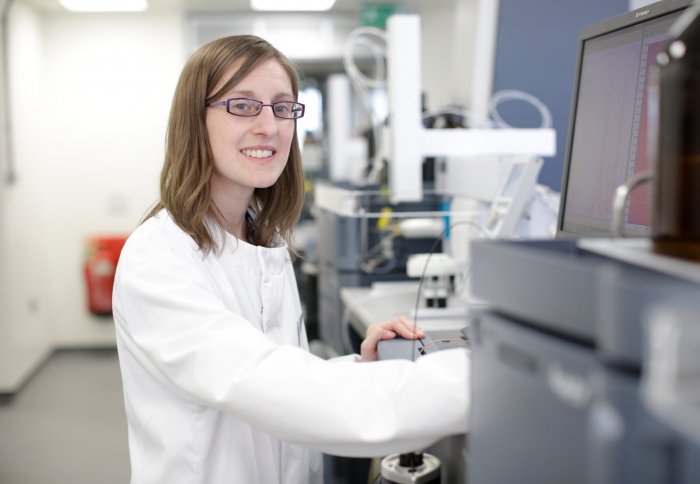Partnership will examine why one size does not fit all in treating disease

A new alliance will study the genetic and environmental factors that cause variations in people's responses to drugs and risk of developing diseases.
Researchers from the MRC-NIHR National Phenome Centre at Imperial College London are forming a strategic partnership with scientists from the School of Life Sciences, Collaborative Innovation Center of Genetics and Development (CICGD) at Fudan University in China.
Together, they will carry out research on gut microbes and human metabolism in Chinese and British populations, as well as genetic studies, in order to better understand why people have different risks of different diseases, and why drugs work in some people and not others. This work is of particular importance in personalised healthcare and precision medicine, which aims to tailor therapies to individual patients based on their predicted responses to drugs or risk of disease.
Professor Jeremy Nicholson from the Department of Surgery and Cancer at Imperial, who is the Director of the MRC-NIHR National Phenome Centre, said: "We are excited by the prospect of working with the Fudan group in this bold and ambitious project which will give new biological insights into the interactions between genes and environment that underpin common diseases across the world.
"The power of this area of science to understand, treat and prevent disease is immense, but the technology relies on studying complex data from enormous numbers of people. The new collaborative projects with Fudan in metabolic phenotyping are part of a broader international effort designed to standardise the various technologies involved, so that scientists across the world can work together to improve personalised and public healthcare. We will work closely with major industrial alliance partners - The Waters Corporation and Bruker Biospin- to create next generation technologies to face global health challenges," he added.
Professor Li Jin, the Director of the Collaborative Innovation Center of Genetics and Development at Fudan University, said: “It is the interactions between genetic and environmental factors that collectively shape the human phenome. Therefore, revealing such interactive mechanisms is of fundamental importance for personalized healthcare and precision medicine. This alliance is timely and represents yet another important model for the Sino-UK collaborations.”
Article supporters
Article text (excluding photos or graphics) © Imperial College London.
Photos and graphics subject to third party copyright used with permission or © Imperial College London.
Reporter
Laura Gallagher
Communications Division